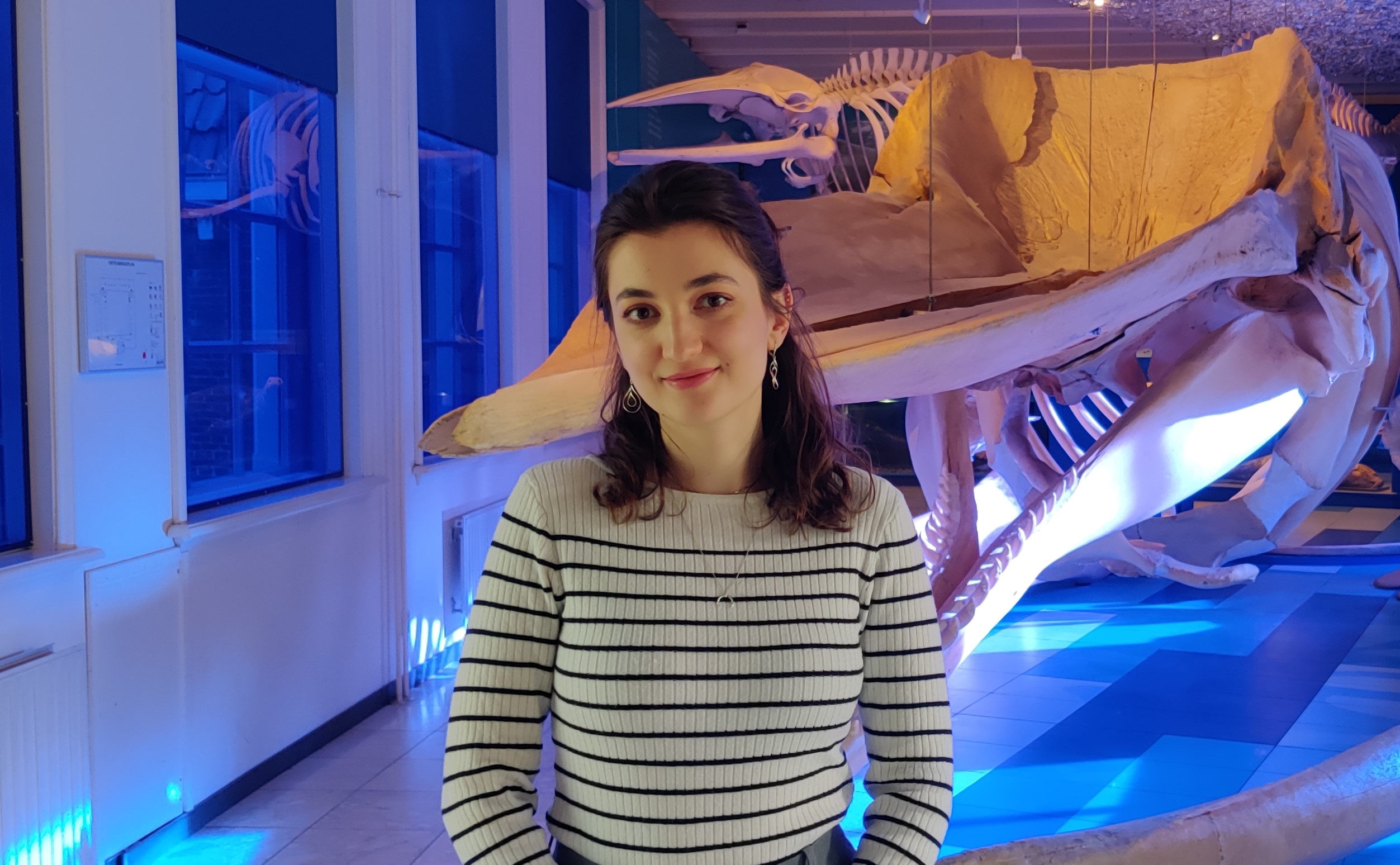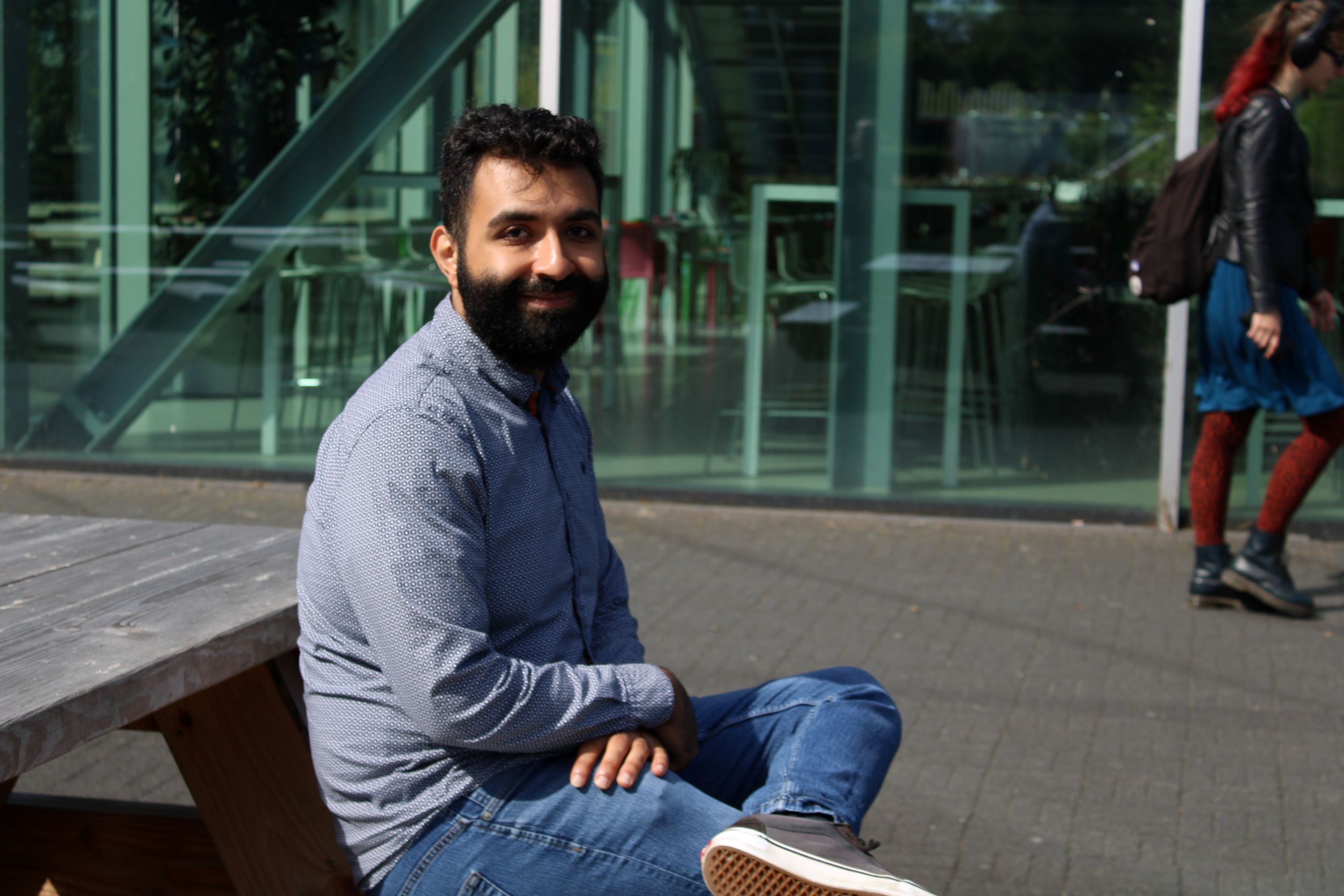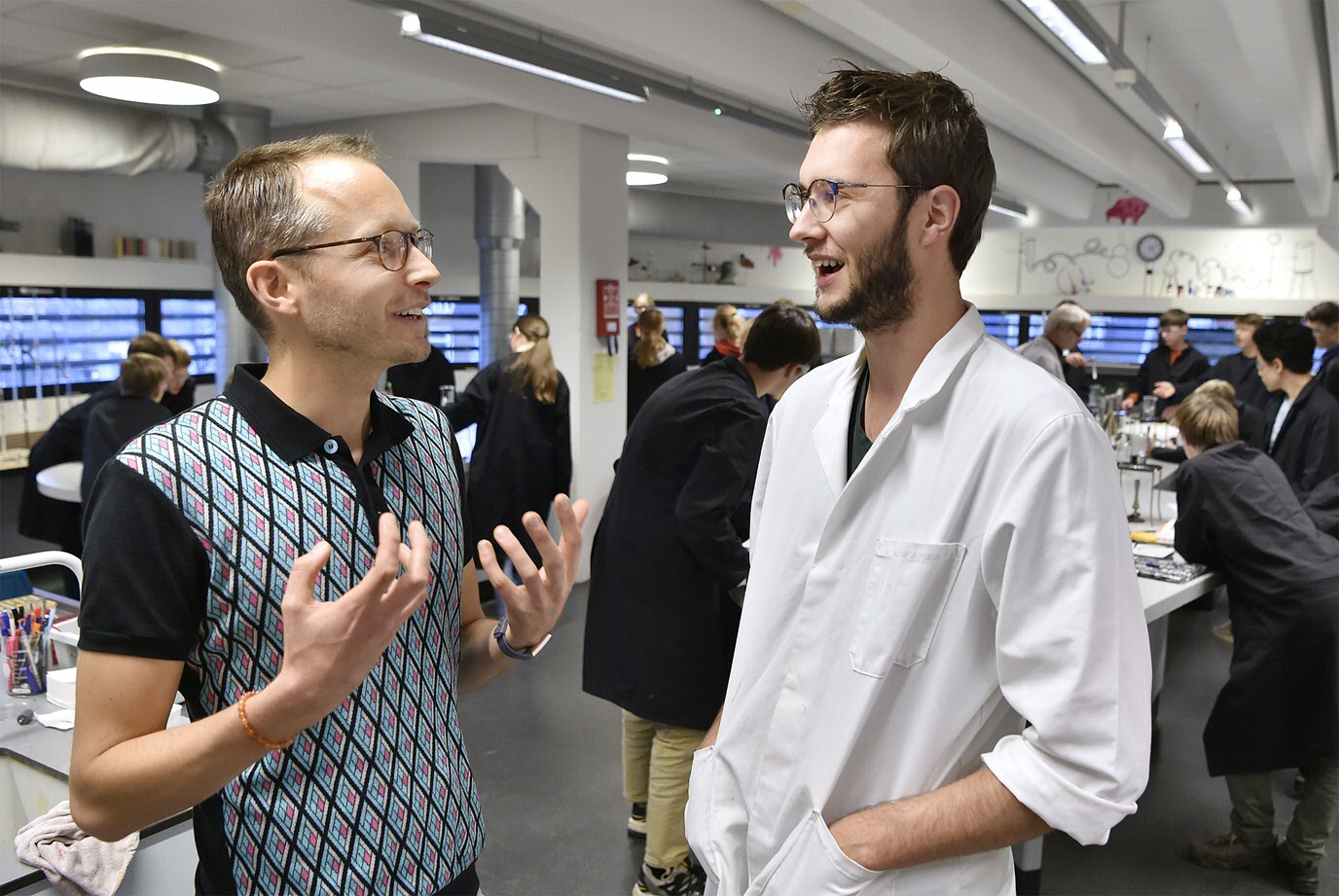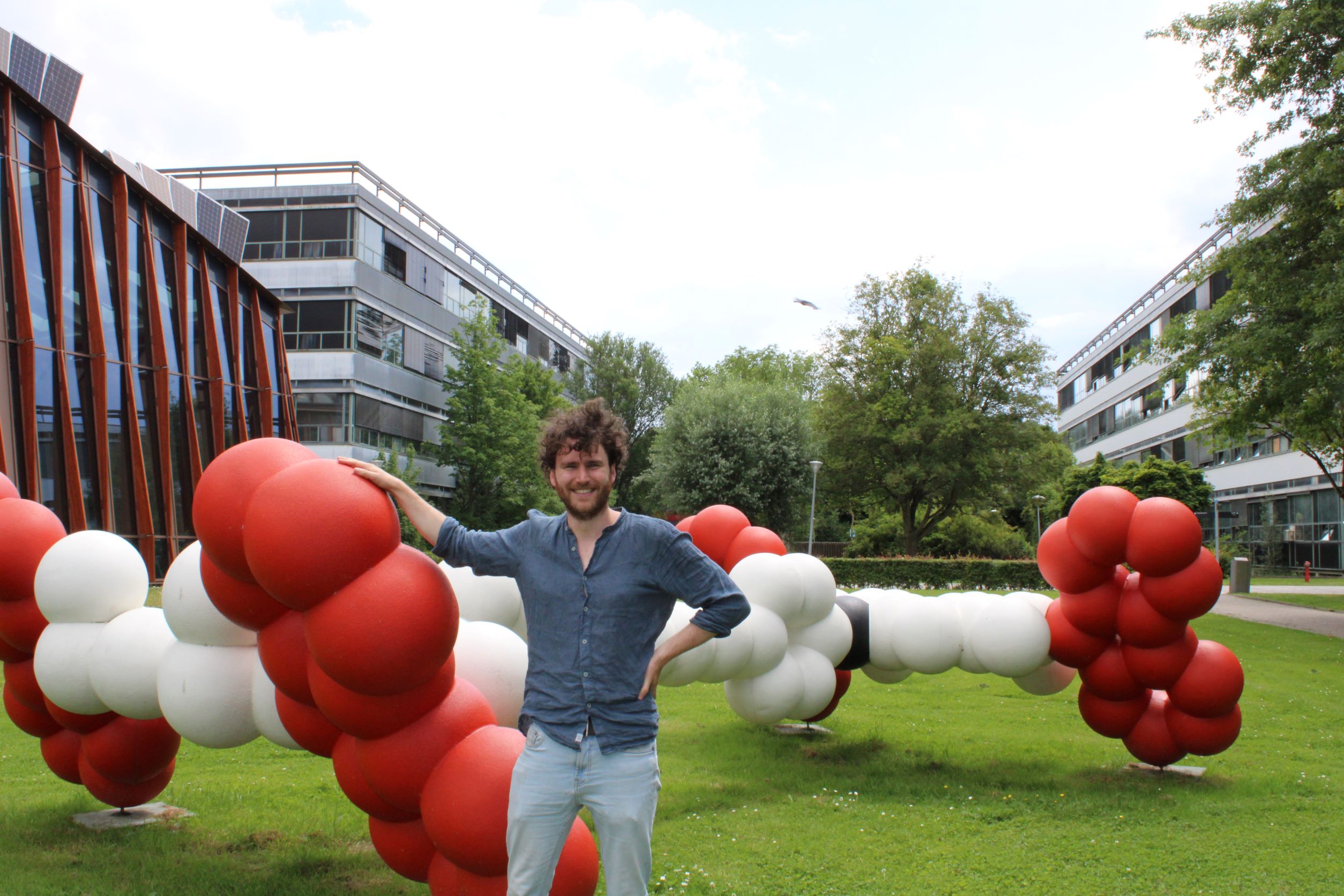track Communication
In the Communication track, you will learn to act as a mediator between science and technology on the one hand and a non-specialist audience on the other.
In the courses 'Skills in Science Communication' the fundamentals of science education and communication are addressed. Students design science education products in 'Design in Science Education and Communication'. In the course 'Research Methods in Science Education and Communication' students learn to conduct research in science communication. These courses are shared with the Education Track. In the communication track, you will learn about the position of science in society within a historical context and the current status of scientific research in the courses 'History and Philosophy of Science' and 'Nature of Scientific Disciplines'. You will discuss risk communication and the role of public debate and dialogue in the course 'Science, Communication and Society'. In the course 'Citizen Science' you will familiarise yourself with the foundations of citizen science. In the courses 'Science Communication and Journalism' and 'Science and the Public', you will discover the main channels through which scientific information reaches the public. These include media (such as news media, social media, video, television, radio and podcasts) and museums.
In the second year of the programme, you will do a research project in either your own STEM discipline or science communication. In the 'External Science Communication Project' you bring your knowledge into practice with an in-company internship. You are given a large degree of freedom to decide for which client you want to work. Many students opt to work for popular scientific magazines, museums, websites, or for radio or television programmes.









